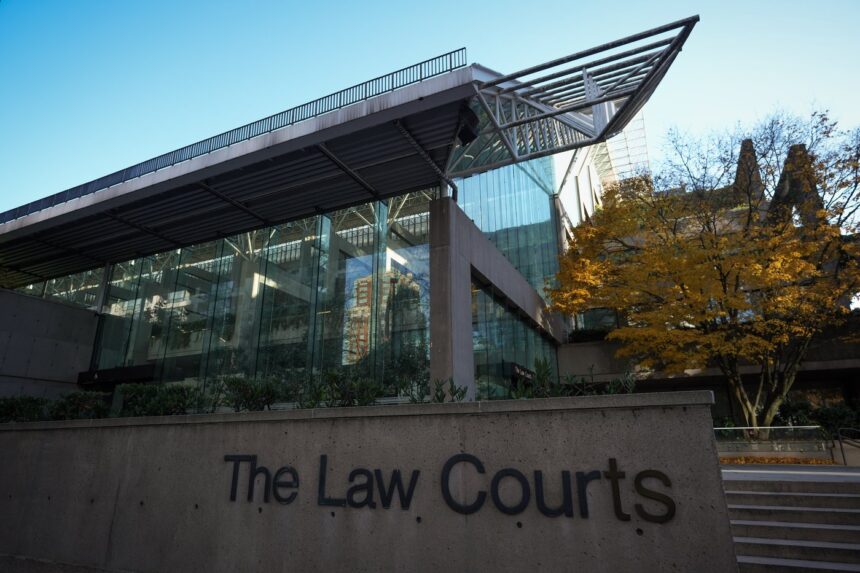A waterfront North Vancouver property connected to one of British Columbia’s largest public institution fraud cases has hit the market, offering a rare glimpse into the fallout of white-collar crime. The Deep Cove home, valued at approximately $5.2 million, belongs to relatives of former UBC and Vancouver Coastal Health financial manager Catherine Jones, who was convicted of embezzling over $7 million from both institutions.
The luxurious property, nestled on a secluded stretch of North Vancouver’s coveted coastline, features panoramic ocean views and high-end finishes throughout its 3,200 square foot interior. Court documents revealed the home was purchased in 2017 using funds that investigators later traced to Jones’ elaborate financial scheme, despite being registered in her in-laws’ names.
“This property represents just one piece of a sophisticated network of assets acquired through diverted public funds,” said Crown Prosecutor Martin Chen. “The sale forms part of our ongoing recovery efforts to return these misappropriated resources to the public institutions they were stolen from.”
Jones’ seven-year embezzlement operation, which ran from 2013 to 2020, involved creating fictitious vendors and approving fraudulent invoices that channeled millions into personal accounts. The scheme went undetected for years due to her senior financial position and intimate knowledge of internal control weaknesses at both organizations.
Vancouver Coastal Health has implemented comprehensive financial safeguards following the breach. “We’ve completely overhauled our procurement and payment verification systems,” said VCH Chief Financial Officer Sandra Williams. “This case exposed critical vulnerabilities that we’ve addressed with multi-layered approval processes and advanced fraud detection algorithms.”
The British Columbia Civil Forfeiture Office initiated proceedings to seize the property in 2023, following Jones’ conviction on multiple counts of fraud and money laundering. While legal representatives for Jones’ family initially contested the seizure, court records indicate they recently withdrew their opposition, allowing the sale to proceed.
Financial crime specialists note that the case highlights growing concerns about fraud vulnerability in public institutions. “Health authorities and universities manage billions in public funds with systems often designed for efficiency rather than security,” explained forensic accountant Dr. James Robertson. “The Jones case demonstrates how a knowledgeable insider can exploit these systems over extended periods.”
Proceeds from the property sale will be directed toward restitution for UBC and Vancouver Coastal Health, though estimates suggest they will recover less than 40% of the total embezzled amount. Additional assets, including investment accounts and three luxury vehicles, remain subject to ongoing forfeiture proceedings.
As this high-profile property enters the real estate market, potential buyers may find themselves participating in the final chapter of one of British Columbia’s most significant public sector fraud cases. How might this case reshape financial oversight within our public institutions, and what invisible vulnerabilities might still exist within systems we trust with billions in taxpayer dollars?










